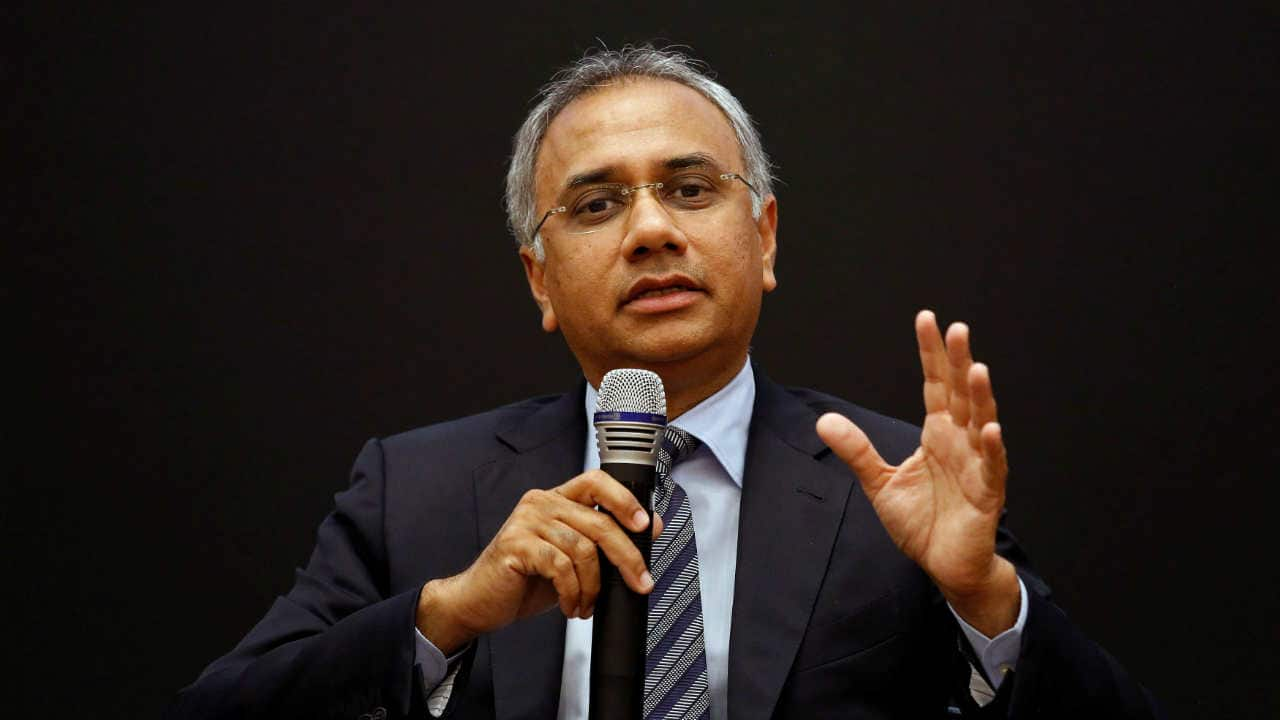India's second largest IT service major Infosys said that the impact of COVID-19 in June quarter was less than what it envisaged in April.
However uncertainty around recovery and “second wave” presents challenges, said Salil Parekh, CEO, Infosys.
This comes at the back of increasing investment in digital technologies by clients and opening up of many economies such as the US and countries in the EU.
Speaking at the 39th Annual General Meeting that was held virtually, Parekh said that in April, the company anticipated business impact in deal closures and longer decision cycles at the back of the pandemic.
“However the business impact is less than what we envisaged in April since many of the economies opened up with strong government fiscal monetary support. We have not seen large scale cancellations,” he added.
The company is also seeing move to digital driving growth. “Overall we see increase move to digital and we are assisting them more and more in this regard,” Parekh said.
“We are confident that if we continue to work with our clients on the immediate and emerging technology needs, we will actually emerge stronger,” he added.
With demand for new age technologies such cloud, automation increasing, the company is actively looking to acquire companies in area of cloud, data and in specific geographies. Vendor consolidation will also drive growth for the firm.
However, with the duration of recovery uncertain and possibility of second wave present challenges. “There is no clear sense yet of when the recovery will set in and the sentiment of our clients or their employees will return. Another is the second wave that could emerge,” Parekh pointed out.
The impact will be felt the most in verticals such as manufacturing and retail, whereas healthcare and communication will see minimal impact.
Also Read: Work from home: Infosys looking at hybrid workplace model for the future
Economic slowdown is a concern too. The company expects that slowdown will impact deal closures and decision cycle of verticals in the short-term. However medium to long-term will see positive activity.
However ban on non-immigrant visa till December or Indo-China standoff is unlikely to impact its business, said Parekh.
H-1B and China business disruptions
Currently 60 percent of the company’s workforce in the US are either American workers or permanent residents. Nandan Nilekani, chairman, Infosys, said that the company employs more than 10,000 American workers in the US. Parekh pointed out that more localisation across geographies in the pipeline to ensure business continuity.
While Indo-China border standoff is a concern, the company said that there are no business disruptions as these are serviced by the local Chinese employees. However, the company would comply with government directions in the country it is operating as per its protocol.
Discover the latest Business News, Sensex, and Nifty updates. Obtain Personal Finance insights, tax queries, and expert opinions on Moneycontrol or download the Moneycontrol App to stay updated!










